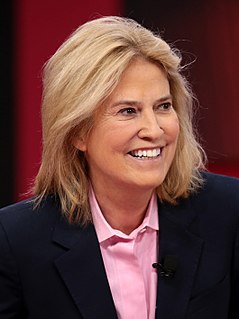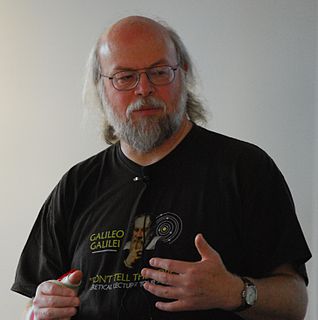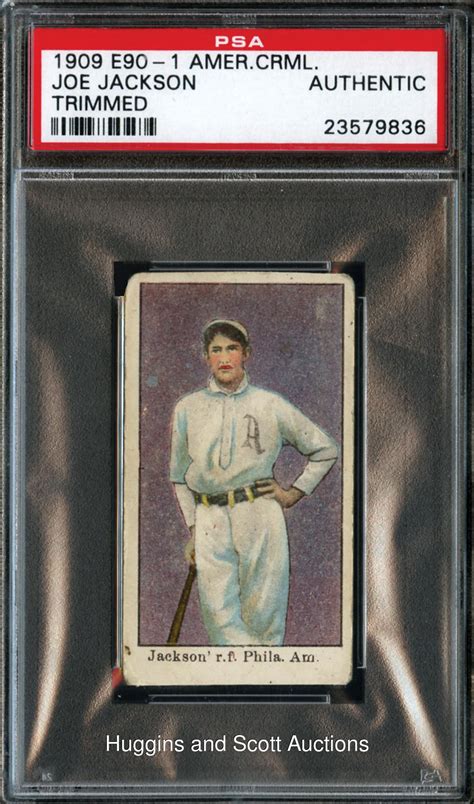A Quote by Martin Amis
The literary interview won't tell you what a writer is like. Far more compellingly to some, it will tell you what a writer is like to interview.
Related Quotes
Between me and my wife, there's this joke where I'll be doing some fun interview, and I'll get off the phone and be like, "That guy was an idiot." A lot of times, interviews are like being asked a list of questions. Invariably, there will be this part where they think you're a writer for Letterman: "Just off the top of your head, tell me the 10 most influential bands on you." And you're actually asked to come up with a spontaneous list. It's like, "Dude, I'm not living in High Fidelity."
Oh, I love labels, as long as they are numerous. I'm an American writer. I'm a Nigerian writer. I'm a Nigerian American writer. I'm an African writer. I'm a Yoruba writer. I'm an African American writer. I'm a writer who's been strongly influenced by European precedents. I'm a writer who feels very close to literary practice in India - which I go to quite often - and to writers over there.
But we should ask the question: Why should a writer be more than a writer? Why should a writer be a guru? Why are we supposed to be psychiatrists? Isn't it enough to write and tell the truth? It's not like telling the truth is common. Writers are the earthworms of society. We aerate the soil. That's enough.
I guess I still feel that way and yet I'm slightly hesitant to insist on that idea, that it "better be fun for the writer." Or rather, that if it is, then the pleasure is a sign that it's good. Maybe I feel I've read that somewhere, other writers saying it, and I just think there is possibly no formula, and I don't like to read an interview with a writer where they just lay out the doxa of what quality is. It can seem brittle to do that.







































